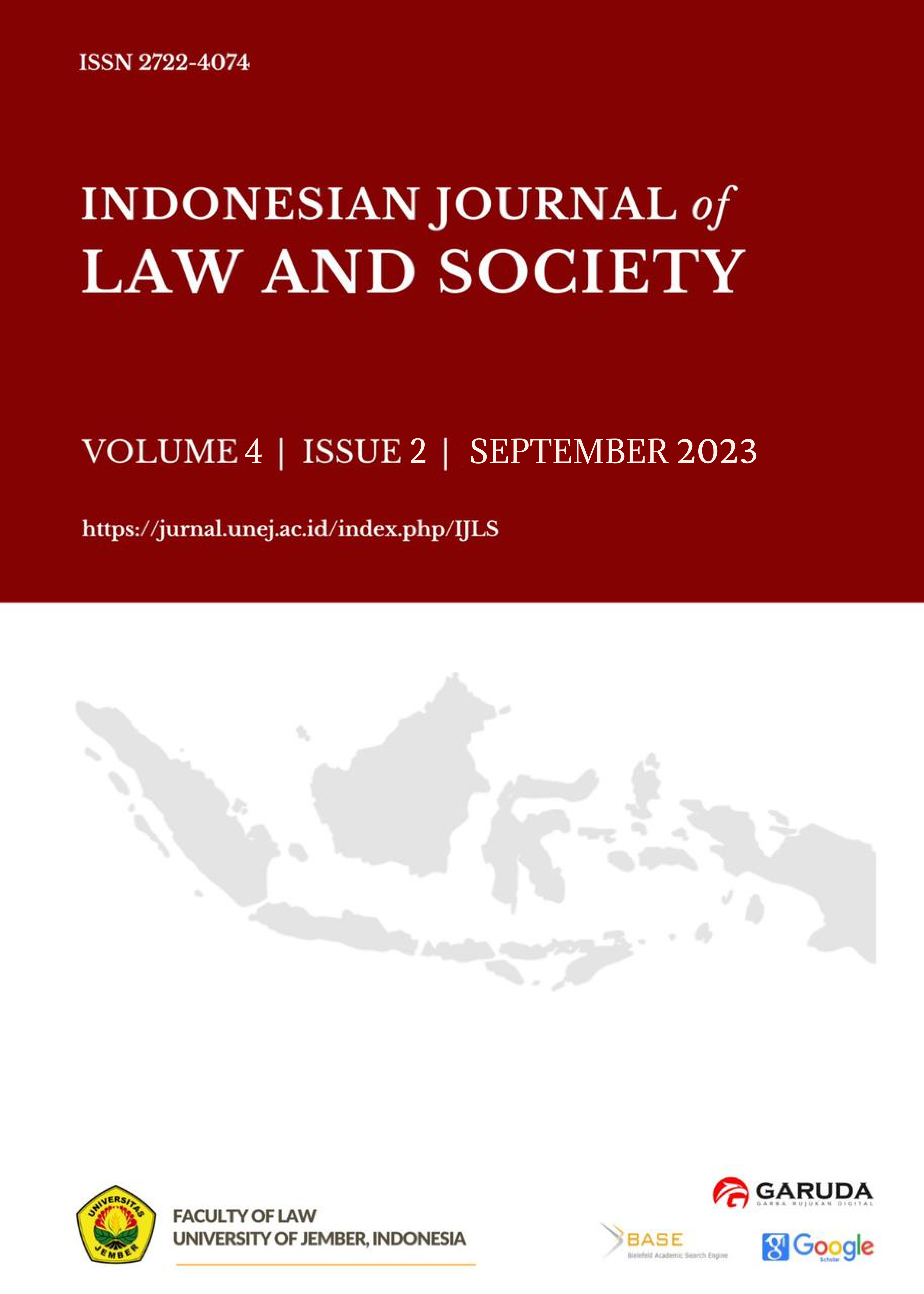Embracing the Gig Economy
Navigating Challenges for Environment and Social Justice
DOI:
https://doi.org/10.19184/ijls.v4i2.43628Abstract
The post-pandemic economic landscape has witnessed the emergence of a worldwide sharing economy system, commonly known as the ‘gig economy’. This system represents a significant transformation in labor and services exchange characterized by short-term jobs, freelance, or on-demand work arrangements facilitated by digital platforms. Recently, the gig economy has emerged as a highly promising employment preference due to its flexibility. However, it has also led to significant inequality issues for traditional workers. Moreover, this sharing economy system also exerts substantial impacts on the environment.
Downloads
Downloads
Published
Issue
Section
License
The Indonesian Journal of Law and Society has CC-BY-SA or an equivalent license as the optimal license for publishing, distributing, using, and reusing scholarly work. Authors who publish with this journal retain copyright and grant the journal right of first publication with the work simultaneously licensed under a Creative Commons Attribution-ShareAlike 4.0 International License that allows others with permission from the publisher to share the work with an acknowledgment of the work's authorship and initial publication in this journal.


